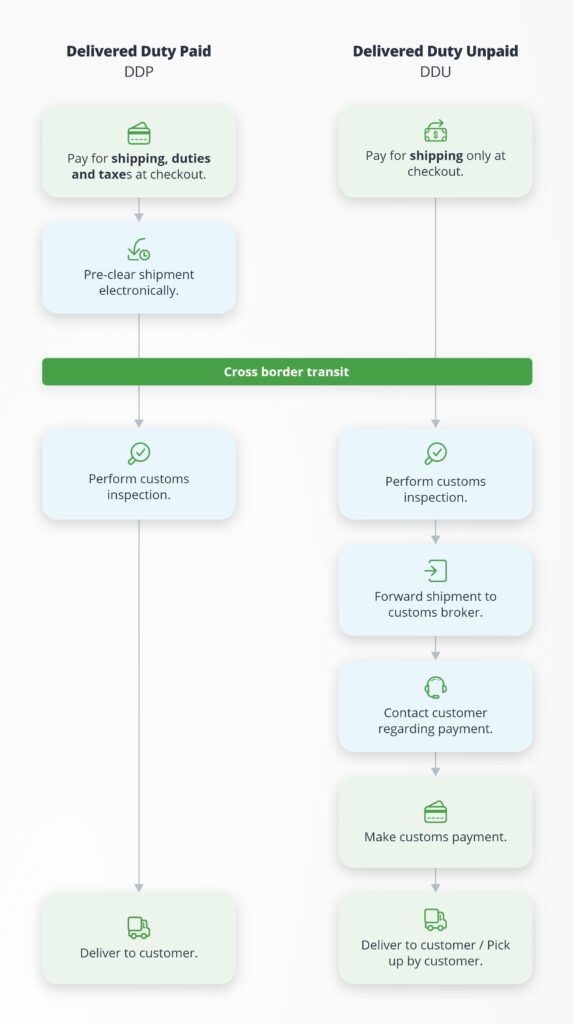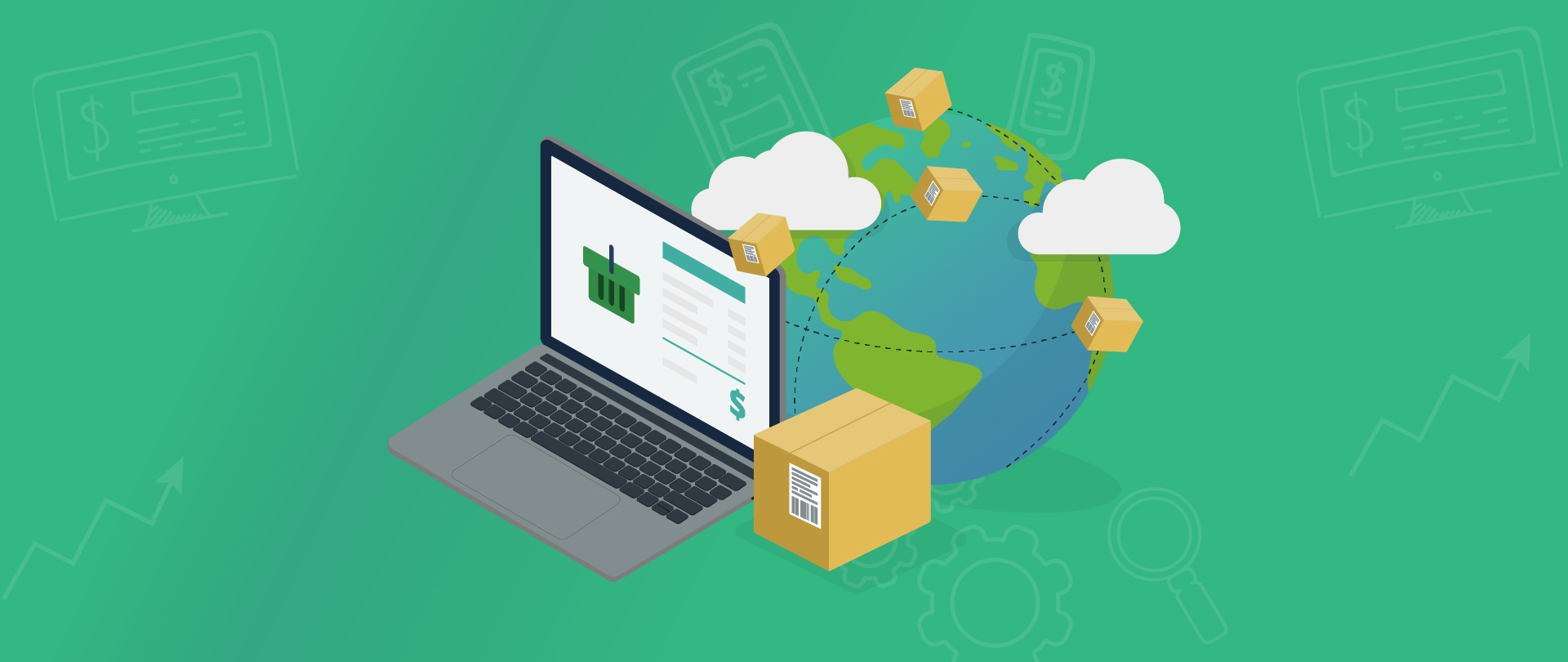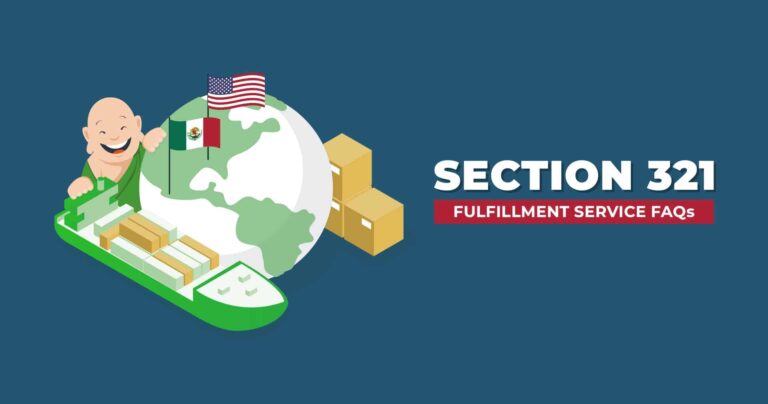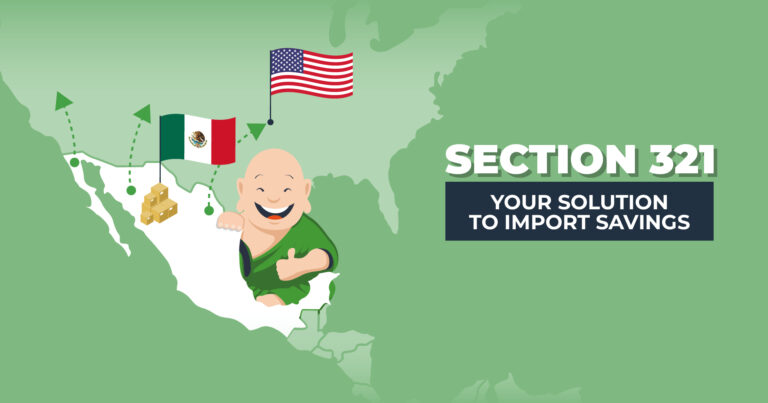What’s DDP and Why Should Your eCommerce Business Implement It?
Picture this: Your customer has just ordered your awesome product. Heck, maybe they’ve ordered a bunch of your awesome products. Thing is, they’re international. Not too big of a problem, right? It might not seem like it, until your customer is hit with… dare we say it… duties. That’s right, what was once a simple transaction becomes infinitely more complicated when you consider the intricacies of international eCommerce.
Luckily, it doesn’t have to be that way. We’re talking DDP, what it is, and why your business needs it. Read on to learn how you can increase conversion rates, create a better customer experience, and simplify international shipping once and for all.
What’s the Difference Between DDP and DDU?
DDP is an acronym for Delivered Duty Paid (or, if you want to be fancy, Delivered, Duties Paid). Basically, it means the seller is responsible for every aspect of the buying process. This would include:
- Providing the products
- Drafting sales contracts and documents
- Arranging all export packaging and export clearance
- Fulfilling customs requirements
- Arranging proof of delivery
- Paying all associated fees, such as transportation and delivery costs
If you choose this route, the buyer is charged at checkout for the cost of their order plus shipping and any other fees that may be incurred during shipment and delivery of their order. This would require you, the seller, to estimate the fees in advance and factor them into the final cost.
DDU (Delivered Duty Unpaid), on the other hand, splits responsibility between the seller and the buyer. The seller ensures the goods are delivered to the destination country’s customs office and assumes any risks and costs associated with the shipment. This means that, at checkout, the buyer only pays for the cost of their order plus shipping. Once it reaches customs, the buyer is now responsible for paying any import duties or transportation costs before they can receive their package.
Traditionally, some DDU packages would pass through customs without being held for duties to be paid. However as international shipping is becoming more and more common, countries are cracking down. While DDU may seem like the simpler route for store owners, it’s also a surefire way to upset international buyers by hitting them with unexpected costs and potential delays at customs.

What are the Benefits of DDP?
#1 Sales, Baby
Put yourself in your customers’ shoes: No one wants to be surprised with hidden costs and fees that dramatically increase the price of their original order. In fact, this can actually turn away your customers and lead them straight into the arms of a store that offers the item they’re looking for without them having to pay a premium.
The barrier of international duties and fees is just that — a barrier. Once it’s knocked down, shopping at your store will be like shopping anywhere else… a scenario that appeals to virtually all prospective buyers.
#2 An Optimized Checkout Experience
You know what’s also conducive to increased sales? Easy checkouts. In addition to following the Checkout Commandments, clearly stating international duties and fees on your checkout page leaves no room for confusion for what your customers are paying. It addresses cost-related questions before they’re even asked, which further simplifies your customers’ shopping experience. It also gives off the impression that your store is transparent and knowledgeable, which all customers, especially international ones, will certainly appreciate.
#3 (Significantly) Improved Customer Relationships
It’s only natural for customers to be less than pleased when they’re notified that their package is at the post office awaiting additional payments. If they really want to, they can reject the package altogether, which, at the very least, would equal a loss of profit for you. More often than not, that loss of profit loss comes with angry emails, calls, and social media posts. Safe to say, no one wants to deal with that.
#4 You’ll Be Running with the Big Dogs
Amazon, Target, and Gap are just a handful of global brands who employ DDP in their international shipping strategy. By doing the same, you’ll legitimize your business by leveling the playing field and allowing it to stand a chance against more established competitors.
#5 It’s Too Easy Not to Use
You don’t have to do all the hard work yourself. Selecting a trustworthy shipping provider will eliminate the hassles and headaches that come with international shipping, as they’ll be able to help calculate the rates and fees of international orders. Even better, leave it to the pros by partnering up with a fulfillment center.
As you can see, we’re pretty enthusiastic about DDP. If you ship internationally, it’s a no-brainer when it comes to taking customer care to the next level. No one wants to deal with paying more for what they’ve ordered, especially in a way that’s often inconvenient and cumbersome to them. DDP eliminates that problem, while also deepening the sense of trust between seller and buyer.
If you’re ready to get started, we recommend heading over to our DDP hub. You’ll find tons of information that’ll make implementing DDP a breeze. And, if you have any questions, don’t hesitate to shoot us a message! We’re always happy to help.



